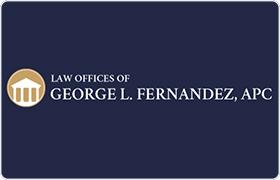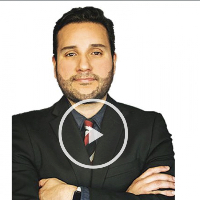Yorba Linda Felony Lawyer, California
Sponsored Law Firm
-
 x
x

Click For More Info:
-
Law Offices of George L. Fernandez APC
444 Ocean Blvd Suite 800 Long Beach, CA 90802» view mapCriminal Defense Law Passion. Experience. Diligence.
George L. Fernandez is dedicated to competently, thoroughly, and diligently represent the best interest of his clients in a professional and ethical matter at all times.
800-970-2821
David Kaloyanides
Criminal, Civil & Human Rights, DUI-DWI, Felony
Status: In Good Standing Licensed: 32 Years
FREE CONSULTATION
CONTACTCraig Wilke
White Collar Crime, RICO Act, Felony, Civil Rights
Status: In Good Standing Licensed: 34 Years
FREE CONSULTATION
CONTACTFREE CONSULTATION
CONTACTFREE CONSULTATION
CONTACT George Fernandez Long Beach, CA
George Fernandez Long Beach, CA Practice AreasExpertise
Practice AreasExpertise
